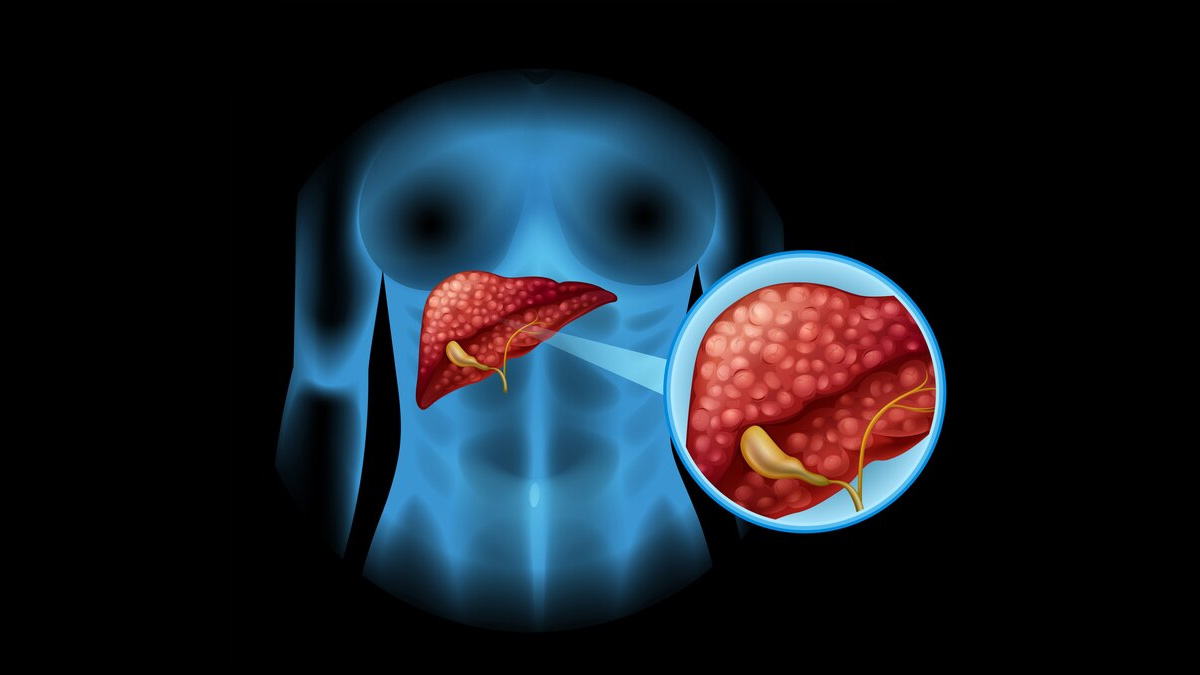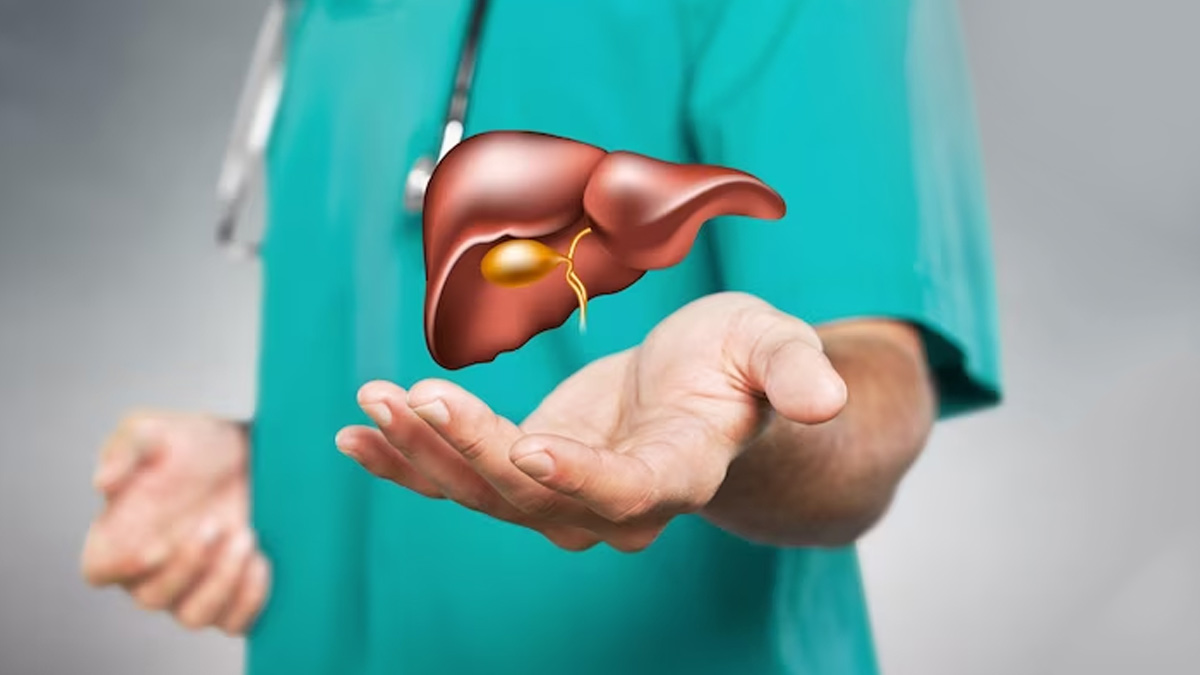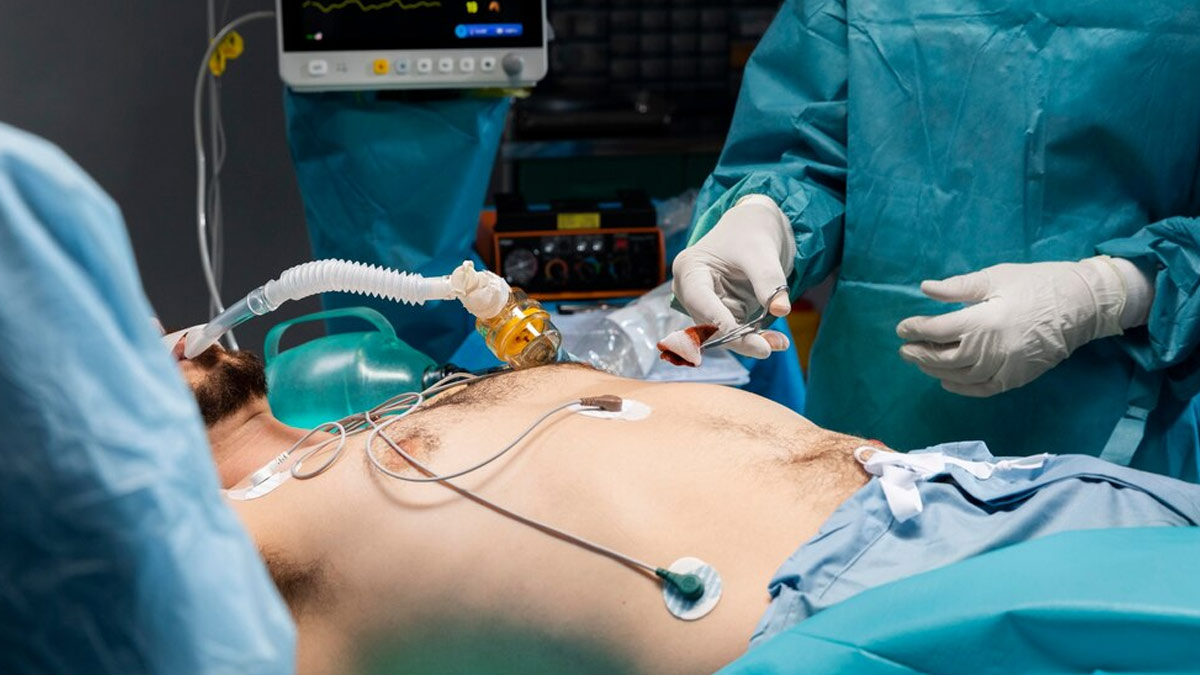
Cancers are a common and potentially life-threatening condition defined by the uncontrolled growth of abnormal cells. While the exact causes of cancer can vary, certain factors—such as smoking, exposure to harmful chemicals, and genetic predispositions—are known to elevate the risk of developing these diseases.
Table of Content:-
“Bladder cancer, a prevalent form of cancer, starts in the cells lining the inside of the bladder, most commonly in the urothelial cells. It ranks among the top ten most frequently diagnosed cancers globally and predominantly affects individuals over the age of 55. Despite its common occurrence, bladder cancer can be challenging to detect early, but it is treatable with appropriate intervention,” said Dr N Ramana Reddy, Sr. Consultant - Surgical Oncology, HCG Cancer Centre Ongole.
“Symptoms like blood in the urine or changes in urinary patterns often signal the need for medical attention. Early diagnosis and treatment are essential for effective management of bladder cancer, emphasising the significance of awareness, regular screenings, and proactive healthcare strategies,” said Dr Reddy.

Causes and Symptoms of Bladder Cancer
According to Dr Reddy, bladder cancer begins with DNA changes (mutations) in bladder cells, which serve as the first step toward the disease. DNA contains the instructions that direct a cell's activities. When these instructions are altered, cells may start dividing rapidly and avoid the usual processes that cause normal cells to die. As a result, a tumor formed by these abnormal cells can invade and damage healthy tissue. In some cases, these aberrant cells can break away and spread to other parts of the body—a process known as metastasis.
Also read: Gallbladder Cancer: Expert Reveals 7 Facts You Must Know Of
A few signs and symptoms of bladder cancer are below:
- Hematuria, characterised by blood in the urine, often leads to a reddish or cola-colored appearance. However, blood might not always be visibly noticeable, and detection may rely on lab tests
- Increased frequency of urination
- Painful urination
- Back pain
Risk Factors to look out for:
- Smoking: By accumulating dangerous substances in the urine, smoking cigarettes, cigars, or pipes can raise the risk of bladder cancer.
- Age: The risk of bladder cancer rises with age. Although bladder cancer can strike at any age, most patients are over 55 when they receive a diagnosis.
- Chemical Exposure: Chemicals used in the production of paint goods, rubber, leather, textiles, dyes, and paint are among those associated with an increased risk of bladder cancer.
- Family history: People who have had bladder cancer are at a higher risk of it returning in the future. While bladder cancer is not typically hereditary, having a close family member—such as a parent, sibling, or child—with a history of the disease can increase your risk of developing it.
What are the known treatment options?
“Bladder cancer treatment typically involves a range of approaches, including surgery, chemotherapy, immunotherapy, targeted therapy, gene therapy, and radiation therapy. These treatments are often tailored to the patient's specific stage and type of bladder cancer, as well as their overall health and personal preferences,” Dr Reddy said.

When should you visit a doctor?
“If you notice a change in your urine's color and suspect it might contain blood, it's essential to schedule an appointment to have it tested by a medical professional. Additionally, if you have any other signs or symptoms that concern you, don't hesitate to make an appointment with your doctor for a thorough evaluation,” Dr Reddy said.
Also read: Gallbladder Removal: Is It Safe And Who Requires It?
Prevention is better than cure
As per Dr Reddy, the factors such as age and family history are out of our control, lifestyle changes can significantly reduce bladder cancer risk. Quitting smoking is crucial, as is taking precautions if your job involves exposure to harmful chemicals. Embrace a diet high in fruits, vegetables, and fluids, while reducing intake of red meat and processed foods. Staying informed about the latest health trends and engaging in proactive practices can help manage your bladder health. In case of high-risk factors, it's essential to have regular discussions about your health with your doctor. A healthy lifestyle and early detection can significantly impact one’s fight against bladder cancer.
Also watch this video
How we keep this article up to date:
We work with experts and keep a close eye on the latest in health and wellness. Whenever there is a new research or helpful information, we update our articles with accurate and useful advice.
Current Version
